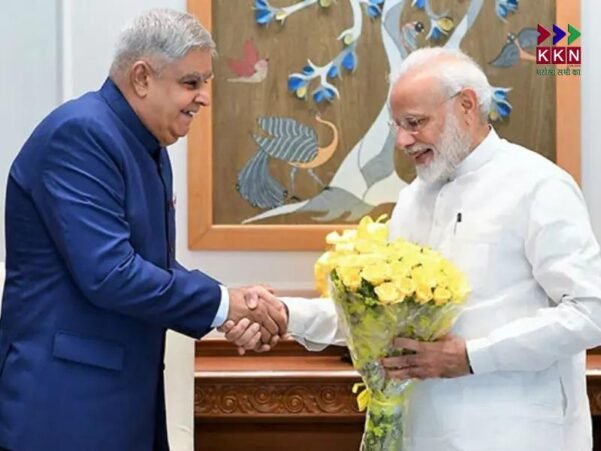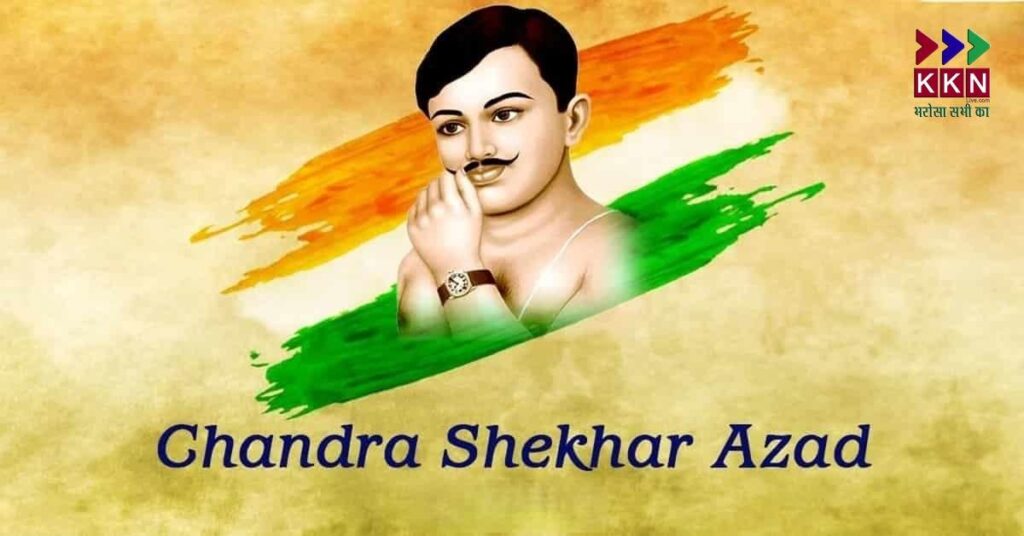
In a surprising turn of events, Vice President Jagdeep Dhankhar has resigned from his constitutional position, citing health-related reasons. This unexpected resignation, submitted on July 21, 2025, has triggered political speculation and public curiosity. Prime Minister Narendra Modi acknowledged the development and extended warm wishes for Dhankhar’s health and well-being.
Prime Minister Reacts to Dhankhar’s Sudden Exit
Prime Minister Narendra Modi took to X (formerly Twitter) to respond to Dhankhar’s abrupt resignation. In his post, the Prime Minister said that Shri Jagdeep Dhankhar had served the nation in several key roles. Modi wished him good health and appreciated his contribution as the Vice President of India.
The Prime Minister’s message came a day after Dhankhar formally submitted his resignation to President Droupadi Murmu. The letter, brief and to the point, stated that the decision was based on medical grounds. Dhankhar invoked Article 67(a) of the Indian Constitution to resign from the post.
Article 67(a): The Legal Basis for Resignation
Under Article 67(a), the Vice President of India may resign at any time by submitting a written resignation to the President. Dhankhar followed this constitutional provision to step down from his position immediately.
In his resignation letter, Dhankhar wrote that he intended to prioritise health care. He also mentioned that he was acting in accordance with his doctors’ advice. The resignation was effective immediately upon submission.
Dhankhar’s Term Cut Short Abruptly
Jagdeep Dhankhar began his five-year term as Vice President of India in August 2022. His tenure was scheduled to end in August 2027, but now ends just three years in. As Vice President, he also served as the Chairman of the Rajya Sabha, India’s upper house of Parliament.
The sudden resignation came on the first day of the Monsoon Session of Parliament. His absence on such a critical day intensified discussions within political and media circles. No specific medical details were disclosed, keeping the exact reasons for the resignation private.
A Sudden Departure Amid a Divided Rajya Sabha
During his nearly three-year term, Dhankhar presided over a politically tense Rajya Sabha. The house often witnessed sharp ideological differences and procedural disruptions. Dhankhar became known as a firm advocate for parliamentary supremacy and frequently emphasized the importance of constitutional values.
Despite his sharp approach in the house, Dhankhar maintained a disciplined decorum throughout his tenure. His decision to step down has left a sudden vacancy at the top of India’s legislative hierarchy.
A Career in Public Service
Before being elected as the Vice President of India, Jagdeep Dhankhar served as the Governor of West Bengal from 2019 to 2022. His term as Governor was eventful and occasionally confrontational, especially in his interactions with the state government.
In August 2022, he secured a landslide victory in the Vice Presidential elections. His win was celebrated as historic and marked his rise to one of the highest constitutional posts in the country. Dhankhar’s transition from Governor to Vice President showcased his political acceptance and trust within the ruling party.
Dhankhar Becomes Third Vice President to Resign Mid-Term
Jagdeep Dhankhar has now become the third Vice President of India to resign before completing his term. The two others who did so were VV Giri and R Venkataraman, both of whom resigned to contest the Presidential election.
VV Giri resigned as Vice President in July 1969 to run for the Presidency after President Zakir Hussain’s death. He later won the election and served as the fourth President of India.
R Venkataraman stepped down in 1987 after being nominated as the Congress party’s Presidential candidate. He too became President after winning the election.
Dhankhar’s case is different. While Giri and Venkataraman resigned to pursue higher office, Dhankhar cited health concerns and a desire to focus on personal well-being.
Political Reactions and Speculations
Though no official statement beyond the resignation letter has been released, Dhankhar’s sudden departure has sparked debate. Some observers view this as a strictly personal decision. Others believe it may signal deeper political or personal challenges.
There is currently no indication that Dhankhar plans to contest any other political office. However, his long political career and ties with multiple institutions make his future trajectory a subject of public curiosity.
Leaders across party lines have expressed surprise at the development. Some extended their support and respect for his decision. Others called for transparency regarding the health situation, considering the high public importance of his office.
Who Will Be the Next Vice President?
Dhankhar’s resignation now sets the stage for the election of the next Vice President of India. According to the Constitution, the Rajya Sabha and Lok Sabha members will vote in the election. The process will be conducted by the Election Commission of India.
The ruling party is expected to begin internal discussions to finalize its candidate. The Opposition is also likely to consider fielding a nominee to contest the post. As per current political equations, the outcome may depend heavily on alliance strategies and last-minute negotiations.
Responsibilities of the Vice President of India
The Vice President serves as the second-highest constitutional authority in India. Their primary responsibility is to act as the Chairman of the Rajya Sabha. In case of a vacancy in the President’s office, the Vice President may also act as President.
In parliamentary terms, the Vice President plays a critical role in maintaining order and ensuring smooth legislative processes. The role demands impartiality, sharp understanding of constitutional procedures, and an ability to manage diverse political viewpoints.
Dhankhar’s resignation has created a temporary vacuum in this space. The Parliament will continue functioning under alternate arrangements until a new Vice President takes charge.
The Personal Side of Jagdeep Dhankhar
Born in 1951, Jagdeep Dhankhar has had a long journey in public service. Before entering politics, he practiced law and had a career as a senior advocate. His political career began in the late 1980s, and he held various ministerial and party positions over the decades.
His stint as Governor of West Bengal brought him to national attention. His outspoken views and assertive administrative decisions often made headlines. As Vice President, he maintained a quieter yet dignified presence, emphasizing procedure and discipline in parliamentary functioning.
In private life, Dhankhar is known to be a man of simple tastes. His decision to resign, reportedly under doctor’s guidance, reflects a personal choice to focus on health over public office.
Health and Leadership in Public Life
The resignation raises larger questions about health and leadership in India’s political space. Holding a high constitutional office requires long hours, continuous travel, and enormous mental pressure. At 74, Dhankhar’s decision could inspire a broader discussion on leadership sustainability in Indian politics.
Observers have pointed out the importance of health disclosures for public servants in key positions. Transparency in such matters ensures accountability and prepares institutions for succession. Dhankhar’s resignation, though abrupt, appears to follow proper legal protocol.
Jagdeep Dhankhar’s resignation marks an unexpected and solemn moment in India’s democratic journey. As one of the nation’s highest constitutional authorities, his decision to step down has created a rare and historic situation.
While the resignation was attributed to health concerns, its timing during an ongoing Parliament session adds a layer of urgency. The Rajya Sabha will now continue under temporary leadership until a new Vice President is elected.
With this development, Dhankhar joins a short list of Vice Presidents who exited mid-term. His contribution to the office, though shorter than expected, leaves a mark in India’s constitutional record.
The next few weeks will focus on the election of a successor. Meanwhile, political parties will recalibrate their strategies. The Prime Minister’s respectful message highlights the gravity of the moment and underlines Dhankhar’s service to the nation.
As the political world absorbs this announcement, citizens across the country are left with both admiration and concern—admiration for a life in service and concern for the health of a national leader.


